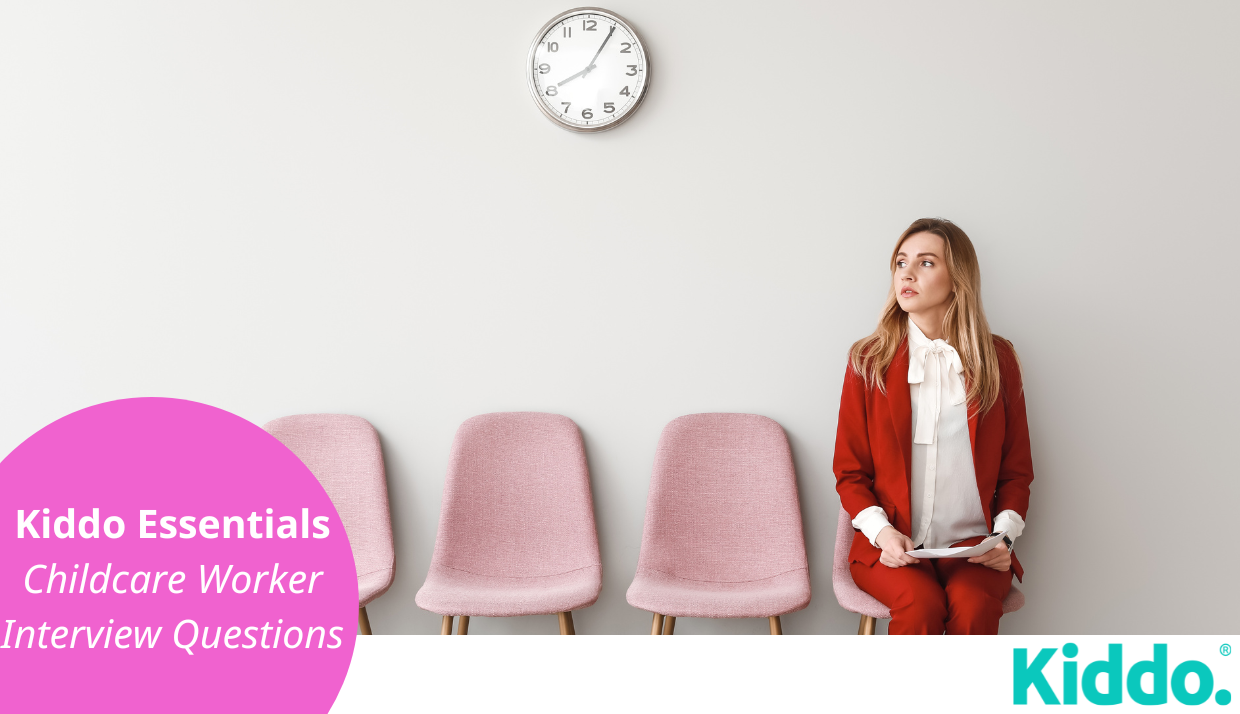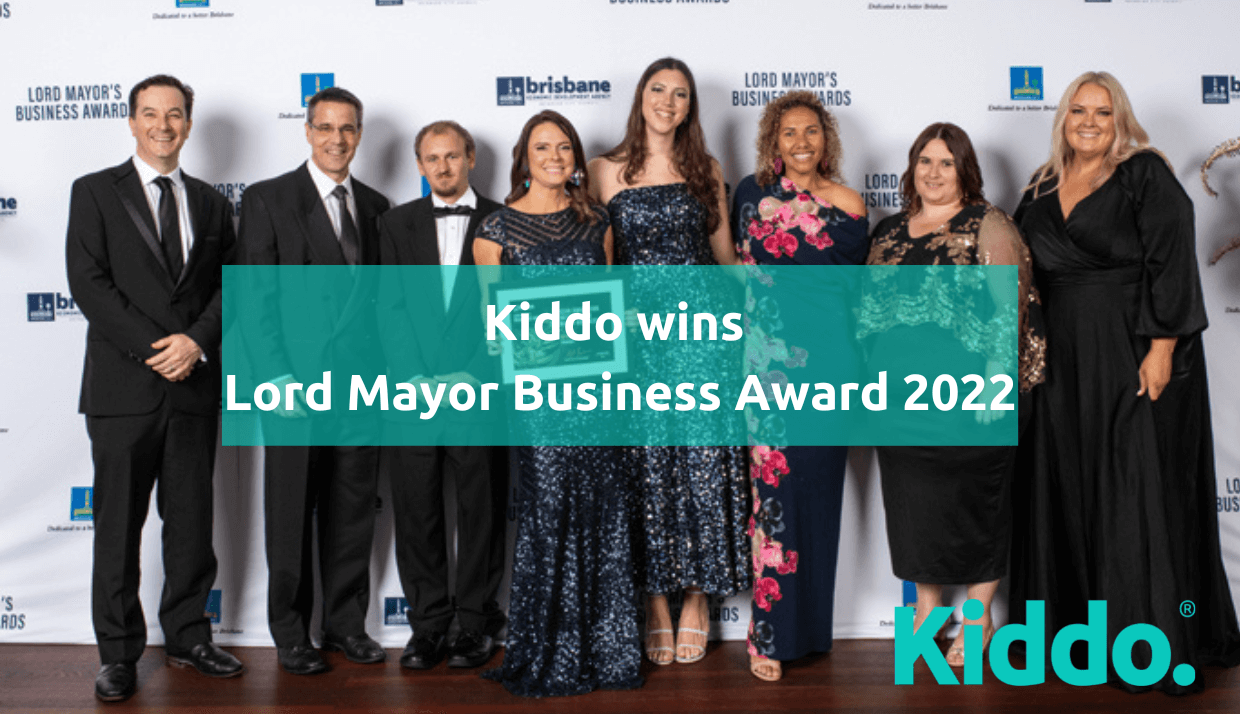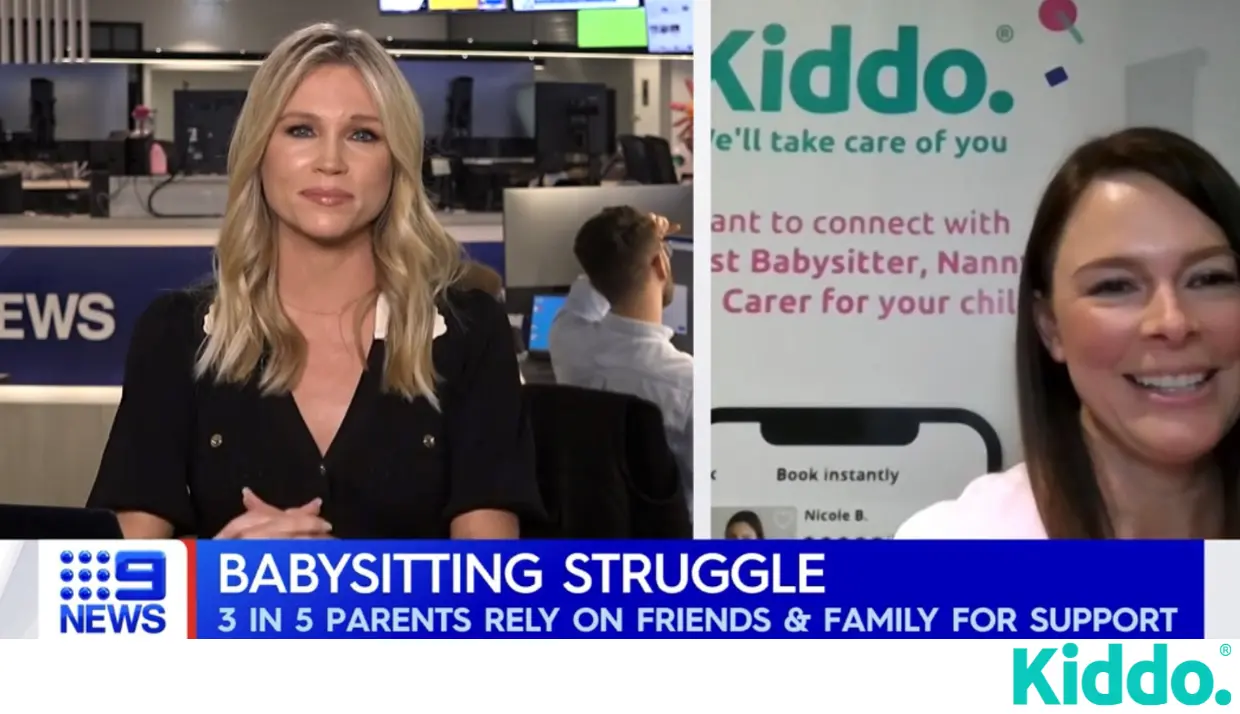In the quest to hire top-tier childcare professional here is a guide for looking to employs staff for an Australian Childcare Centre. We cover where to advertise, the pre questioning strategies to relax the early educator and the key interview questions to get the most from the interview process. We also detail the questions you might ask which will help find long term prospects and reduce your staff turnover.
Advertising options to gather a quality shortlist
Before you can use the following early educator interview questions. First you need to find a quality group of candidates.
Here are a few useful resources to advertise for childcare jobs in Australia. These platforms not only streamline the hiring process, but also ensure you get a curated list of potential candidates tailored to specific needs. Leading the charge are platforms like Kiddo childcare recruitment services , a specialised hub catering exclusively to the childcare sector, and giants like Seek and Indeed, which have redefined the recruitment landscape with their vast networks and innovative tools.
Before Starting the Interview Questions
Making the interviewee feel at ease is crucial, especially in professions like childcare where interpersonal skills and emotional intelligence are paramount. Here are some effective tips for interviewers to help relax a childcare worker before starting the questioning:
Warm Welcome: Greet the interviewee with a genuine smile and a friendly handshake. A warm reception can set a positive tone for the rest of the interview.
Casual Small Talk: Engage in a bit of light conversation before diving into the formal questions. Discussing neutral topics like the weather, the commute, or any recent popular events can help break the ice.
Comfortable Environment: Ensure the interview room is well-lit, has comfortable seating, and is free from distractions. Offering a glass of water or a cup of tea/coffee can also make the interviewee feel more at ease.
Open Body Language: Maintain open and non-threatening body language. Avoid crossing arms or appearing too stern. Nodding occasionally and maintaining friendly eye contact can make the interviewee feel heard and valued.
Reassure Confidentiality: Let the interviewee know that their responses will remain confidential and are solely for the purpose of the interview process.
Outline the Process: Briefly explain the structure of the interview. Knowing what to expect can alleviate some of the interviewee's anxiety.
Empathise with Nervousness: Acknowledge that interviews can be nerve-wracking. A simple statement like, "It's completely normal to feel a bit nervous. Take your time with your answers," can be reassuring.
Encourage Questions: Let the interviewee know that they are welcome to ask questions at any point during the interview. This creates a two-way conversation and reduces the power dynamic.
Share Personal Experiences: If appropriate, share a brief personal experience or anecdote related to the childcare industry. This humanises the interviewer and can create a connection with the interviewee.
Positive Feedback: Offer occasional positive feedback or affirmation, especially if the interviewee provides a thoughtful or insightful response. This can boost their confidence and encourage more open communication.
Remember, the goal is to create an environment where the interviewee feels comfortable showcasing their true self and abilities. A relaxed and genuine conversation can provide deeper insights into the candidate's suitability for the role.
Key questions you should ask a Childcare Worker in the Interview Process
This list is designed to equip childcare directors or senior staff with a robust set of interview questions, insights into what to look for in potential candidates, and an understanding of the industry's nuances, ensuring you hire the best fit for your institution.
1. Identifying Genuine Passion for Childcare
Question: Can you describe a moment in your career that reaffirmed your decision to work with children"
What to look for in the Answer: Genuine enthusiasm and a deep-seated commitment to childcare. The best educators often have personal anecdotes that showcase their dedication and the joy they derive from their vocation.
2. Unearthing Unique Value Propositions
Question: What unique skills or experiences do you bring to the table that set you apart from other candidates"
What to look for in the Answer: Distinctive attributes, be it multilingual abilities, specialised training, or innovative teaching methodologies, that align with your institution's ethos and needs.
3. Prioritising Safety in Childcare
Question: "Describe a situation where you identified a safety concern in your previous role and how you addressed it."
What to look for in the Answer:Proactiveness, attention to detail, and a systematic approach to ensuring child safety. The candidate's ability to anticipate and mitigate risks is paramount.
4. Establishing Trust and Building Relationships
Question: "How do you handle disagreements or conflicts with parents or guardians regarding their child's care?"
What to look for: Strong interpersonal skills, empathy, and effective communication. The candidate should demonstrate a balanced approach, prioritising the child's well-being while respecting parental concerns.
5. Navigating Industry Frameworks and Regulations
Question: "How have you integrated the National Quality Framework (NQF) into your teaching or care approach in the past?"
What to look for: A deep understanding of industry standards and the ability to seamlessly incorporate them into daily operations, ensuring compliance and quality care.
6. Scenario-Based Evaluation: Theory Meets Practice
Question: "Describe a challenging situation you've faced with a child and how you resolved it."
What to look for: Practical application of theoretical knowledge, problem-solving skills, and a child-centric approach to conflict resolution.
7. Commitment to Continuous Growth
Question: "What steps have you taken in the past year to further your professional development in the childcare industry?"
What to look for: A dedication to lifelong learning, be it through workshops, courses, or self-study. The best educators are those who continually seek to enhance their skills and knowledge.
5 Questions to specifically help reduce staff Turnover
It is widely believed that staff turnover sits at around 30-40 per cent for Australian Childcare centres. (Statistical Reference by Care for kids)
This means getting right candidate keen to stay for the long term should be a key part of your questioning.
1. Commitment to the Profession:
Question: "Where do you see yourself in the childcare industry in the next 5 years?"
What to look for: Candidates who have a clear vision for their future in the industry are more likely to be committed long-term.
2. Handling Challenges:
Question: "Can you describe a challenging situation you've faced in a previous childcare role and how you overcame it?"
What to look for: Resilience and problem-solving skills. Candidates who can effectively navigate challenges are more likely to stay committed to their roles.
3. Professional Growth:
Question: "What steps have you taken or plan to take for your professional development in the childcare industry?"
What to look for: A commitment to continuous learning and growth. Candidates who invest in their professional development are more likely to be dedicated to their careers.
4. Work Environment Preferences:
Question: "What kind of work environment do you thrive in, and what support do you expect from the institution to ensure your longevity in the role?"
What to look for: Understanding the candidate's needs and ensuring they align with the institution's environment can lead to longer retention.
5. Feedback and Communication:
Question: "How do you handle feedback, and how often do you prefer to communicate with your superiors about your progress and challenges?"
What to look for: Openness to feedback and effective communication can indicate a candidate's willingness to adapt and grow within the institution.
By asking these questions and understanding the candidate's motivations, aspirations, and needs, employers can make informed decisions that lead to longer staff retention.
Conclusion
The recruitment process in childcare is a delicate balance of assessing skills, passion, and fit. By delving deep into each candidate's experiences, values, and expertise, employers can ensure they're bringing onboard individuals who will enrich the centre and provide exceptional care and education. Remember, the right questions can unveil not just a candidate's qualifications, but their ethos and vision, ensuring they have a vision for long term placement.
About the Author:
Rebecca Dredge, CEO & Founder at Kiddo®️ which provides Childcare Recruitment and Babysitting Services Australia wide. Committed to excellence in Early Childhood Education and Care, Rebecca Dredge is a WINNER AusMumpreneur Award for Digital Innovation.





